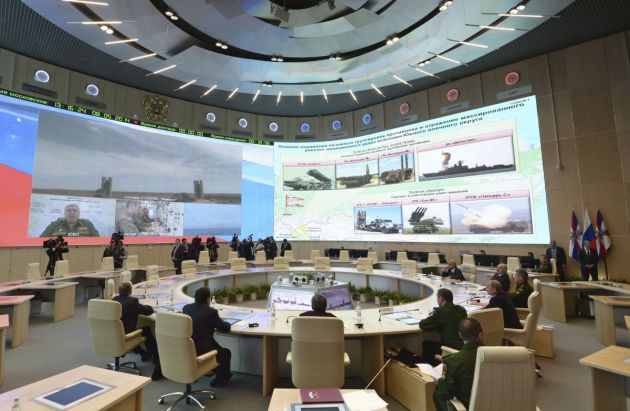World churches body urges African nations to sign Arms Trade Treaty

The potentially life-saving Arms Trade Treaty that was years in the making is closer to coming into effect, but a World Council of Churches official has urged more African nations to ratify it.
Given the lives crushed by illicit weapons each day in places like Syria and South Sudan, the WCC said Tuesday that churches are part of a joint effort by civil society groups and governments to have the treaty ratified as soon as possible.
Ten countries were slated to ratify the treaty on June 3, raising the total to 42 ratifications just a year after the agreement was opened for signatures.
When 50 countries ratify, the long-awaited treaty comes into effect.
In early April, WCC general secretary Rev. Olav Fykse Tveit said, "More governments need to sign and ratify the ATT so that arms trading can finally be regulated and people currently at risk can be better protected."
He said the example set by those that had signed should be followed by the United States and Russia - the two largest arms exporters - as well as China.
The Voice of Russia reported May 20 that Moscow is not going to sign the ATT.
"Russia considers this document to be not completely thought through. It also discriminates against the Russian military-industrial complex," reported VOR.
Zambia, Australia and Jamaica were among the governments scheduled to ratify the ATT on June 3 in a ceremony at United Nations headquarters.
Ecumenical campaigners have been in contact with them and more than 20 other governments to encourage this and earlier steps.
"It is critical that African states ratify the Arms Trade Treaty the way Zambia is to do today," said Joseph Dube of the WCC's Ecumenical Campaign for a Strong and Effective Arms Trade Treaty in a statement Tuesday.
"African governments, civil society groups and churches worked hard to make this treaty strong. We call on them to ratify it now," continued Dube, who is based in South Africa.
Treaties related to armaments usually wait years to be ratified, the WCC noted.
The speed of action on the ATT is a sign of the broad political will behind this historic treaty, according to Control Arms, the civil society coalition which includes the WCC.
"During the ATT negotiations, Africa made sure the treaty included small arms, light weapons and ammunition - the weapons that kill and injure hundreds of thousands of people each year including many in Africa," Dube noted.
"Now it is time to ratify the ATT and put it to work saving lives and protecting communities."
Once the ATT is in force, the first legally binding controls of the global arms trade can be implemented.
The WCC campaign is promoting ratification in some 25 countries, half the number needed to bring the ATT into force.
Of these, Mexico, Nigeria, Finland, Norway, Germany and the United Kingdom have ratified already.
Lobbying continues with regard to Ghana, Malawi, Togo, Mozambique, Papua New Guinea, Brazil, Democratic Republic of Congo, South Africa, Philippines, South Korea, Sweden, Canada, Uganda, Kenya, Tanzania, Burundi, Rwanda and Sierra Leone.
The WCC promotes Christian unity and represents more than 500 million Christians from mainly Protestant, Orthodox, Anglican and other traditions in over 140 countries.